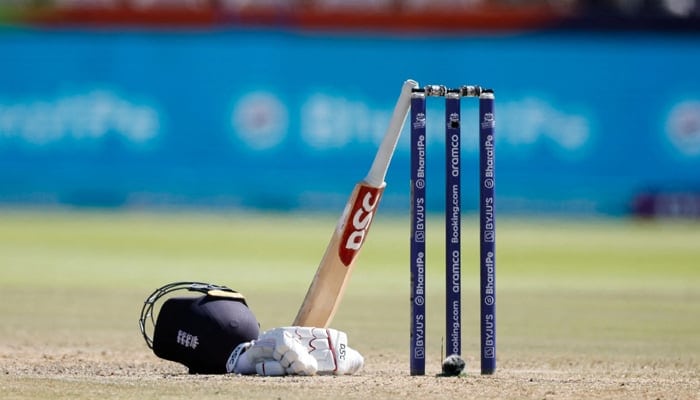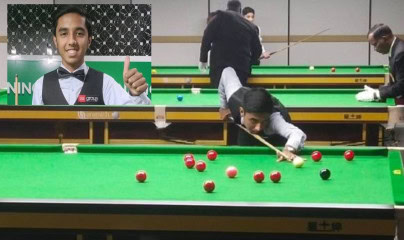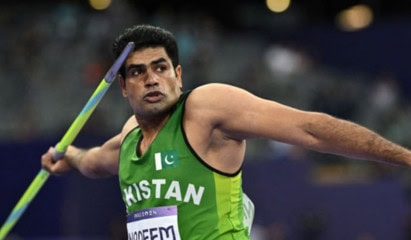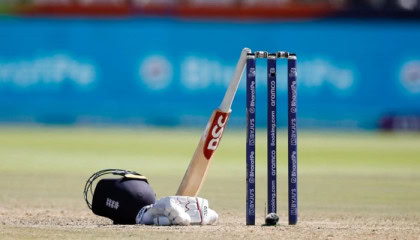DUBAI – The International Cricket Council (ICC) on Monday announced significant changes to the rules of men’s cricket across all three formats — Test, One Day Internationals (ODIs), and T20s.
These new regulations have been formulated based on recommendations from the ICC Men’s Cricket Committee and were approved by the Chief Executives’ Committee.
According to the ICC, the primary objective of the rule changes is to maintain a fair balance between bat and ball in the game.
Key changes in ICC’s new playing conditions:
Until now, ODIs involved the use of two new balls — one from each end — throughout the entire 50-over innings. Under the new rule, this will now change.
According to the updated regulation, two new balls will only be used from both ends until the end of the 34th over. After that, the bowling side must select one of the two balls, which will then be used from both ends for the remaining 35th to 50th overs.
In matches reduced to 25 overs or fewer, only one ball will be used throughout the innings.
This modification is expected to benefit bowlers, particularly in the final overs, by allowing more reverse swing — something that had diminished with the continuous use of two new balls.
The ICC now mandates that teams must name five substitute players before the start of every international match. These substitutes must include a wicketkeeper, a batter, a fast bowler, a spinner, and an all-rounder.
If any of the named substitutes also suffer an injury, teams may request the match referee’s approval to include another player not originally listed among the five.
This rule will apply to all three formats of men’s international cricket.
Effective dates:
Tests: From June 17
ODIs: From July 2
T20Is: From July 10



















